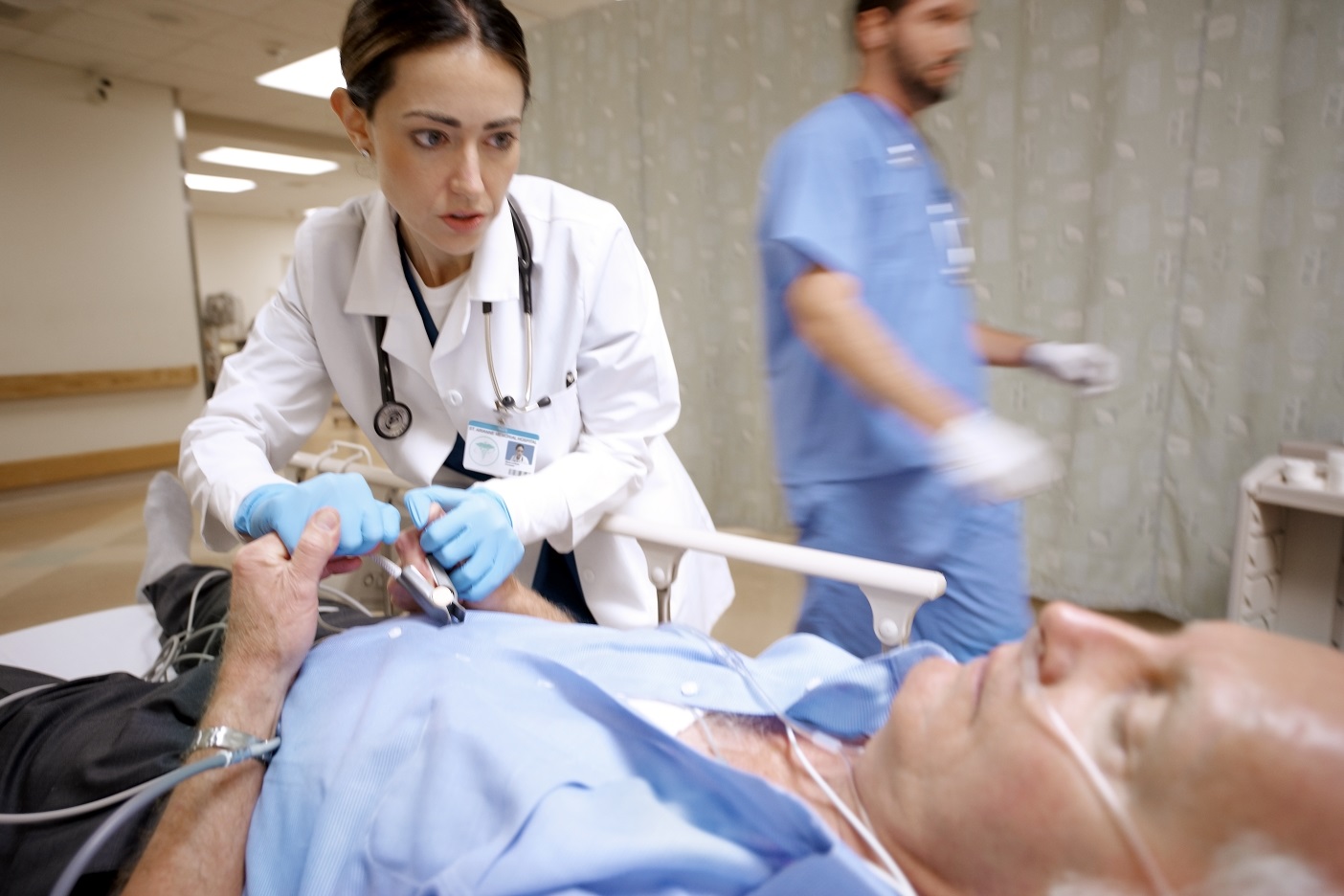Philips and World Stroke Organization partner to improve access to high-quality stroke care
 Royal Philips, a global leader in health technology, and the World Stroke Organization (WSO), the world’s only global non-governmental organization focused on stroke, today announced the signing of a two-year partnership aimed at improving access to high-quality stroke care. Building on their shared commitment to delivering improvements in stroke prevention, treatment, rehabilitation and support, Philips and WSO will leverage their respective strengths to elevate the public understanding of stroke as a global health issue, starting with joint initiatives on World Stroke Day 2023 (October 29) to build greater public awareness, which is fundamental to improving stroke patient outcomes.
Royal Philips, a global leader in health technology, and the World Stroke Organization (WSO), the world’s only global non-governmental organization focused on stroke, today announced the signing of a two-year partnership aimed at improving access to high-quality stroke care. Building on their shared commitment to delivering improvements in stroke prevention, treatment, rehabilitation and support, Philips and WSO will leverage their respective strengths to elevate the public understanding of stroke as a global health issue, starting with joint initiatives on World Stroke Day 2023 (October 29) to build greater public awareness, which is fundamental to improving stroke patient outcomes.
They will also work together to support the implementation of innovative treatment methods with the potential to transform the stroke care pathway, where reducing the time between symptom onset and effective treatment is critical to improving patient outcomes.
Announcing the partnership WSO President Prof Sheila Martins said, “WSO is committed to accelerating the global implementation of evidence-based treatment and care for stroke patients globally. We know what works and we know that it takes every part of the healthcare system, working together to bring quality care to every patient.”
Working closely with WSO, we can further shape the future of neurovascular interventions and help provide groundbreaking and effective high-quality care to patients so they can resume normal life after a stroke.
Dr. Atul Gupta - Chief Medical Officer Image Guided Therapy at Philips
“Both innovation and public awareness are essential to improve time-to-treatment and access to care for patients suffering a stroke,” said Dr. Atul Gupta, Chief Medical Officer of Image Guided Therapy at Philips. “Working closely with WSO, we can further shape the future of neurovascular interventions and help provide groundbreaking and effective high-quality care to patients so they can resume normal life after a stroke.”
Stroke is the second leading cause of death and the leading cause of disability worldwide, with around 12 million people experiencing a stroke each year, including 6.5 million people who die as a result. Those who do survive are often left with a complex range of communication, cognitive, physical, and emotional challenges for the rest of their life. To improve access to high-quality care that reduces the burden stroke places on individuals, and the financial and social impact it has on society, Philips and WSO will collaborate across a range of stroke-related areas. These include driving advocacy and policy based on the latest clinical research and treatment guidelines to inform government departments and healthcare providers about the latest developments in stroke treatment, and supporting community engagement.
Philips is a recognized leader in solutions that support the rapid treatment of stroke to minimize its impact on patients, including solutions for stroke monitoring and communication in ambulances, tele-stroke patient assessment, artificial intelligence (AI) supporting diagnostic imaging and analysis, image-guided therapy, and neurological and cardiac monitoring and assessment. The company also offers fully integrated angio suite systems designed to facilitate a stroke procedure called mechanical thrombectomy. During a thrombectomy, a specialized medical device is used to physically remove or break up the clot, restoring blood flow to the affected part of the brain. This quality-of-life-saving procedure is often performed to minimize damage to brain tissue and improve the chances of a patient's recovery after a stroke.
Leading up to World Stroke Day 2023 (October 29, 2023), Professor Jeyaraj Pandian, President-Elect of the World Stroke Organization and Consultant Neurologist and Principal of the Christian Medical College, Ludhiana, India, and Philips’ neurovascular portfolio leader Angelique Balguid were asked about the future direction of stroke care and how the recent partnership between Philips and the World Stroke Organization aims to move it forward.









